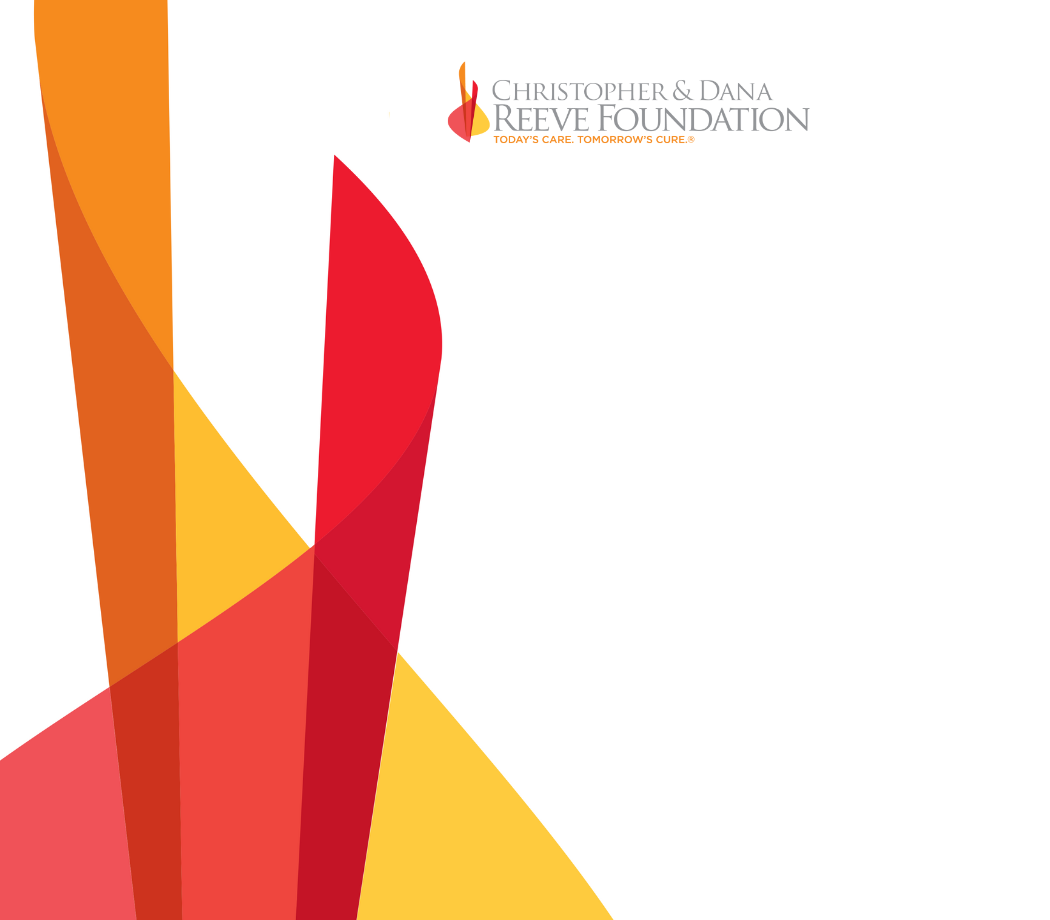Muscular Dystrophy
Muscular dystrophy (MD) refer to the group of genetic diseases characterized by progressive weakness and degeneration of the skeletal muscles that control movement.
There are many forms of muscular dystrophy, some noticeable at birth known as congenital muscular dystrophy, while other forms develop in adolescence. Regardless of the exact timing of onset, MD can lead to mobility impairment or even paralysis.
Three Types of MD
The three most common types of MD differ in terms of pattern of inheritance, age of onset, rate of progression, and distribution of weakness.
Duchenne MD
Duchenne MD primarily affects boys and is the result of mutations in the gene that regulates dystrophin – a protein involved in maintaining the integrity of muscle fiber. Onset is between 3-5 years and progresses rapidly. Most boys become unable to walk at 12, and by age 20 have to use a respirator to breathe.
Facioscapulohumeral MD
Facioscapulohumeral MD appears in adolescence and causes progressive weakness in facial muscles and certain muscles in the arms and legs. It progresses slowly and can vary in symptoms from mild to disabling.
Myotonic MD
Myotonic MD varies in the age of onset and is characterized by myotonia (prolonged muscle spasm) in the fingers and facial muscles. Additional symptoms of myotonic MD include a floppy-footed and high-stepping gait, cataracts, cardiac abnormalities, and endocrine disturbances. Individuals with myotonic MD also have long faces and drooping eyelids, and men experience frontal baldness.
Are There Treatments for MD?
There is no specific treatment for any of the various forms of MD. Physical therapy is often practiced to prevent painful muscle contractures. Certain prescribed drugs may be used for pain management as well as for slowing muscular deterioration within some forms of MD.
Orthopedic appliances are used for support while corrective orthopedic surgery may be required to improve the quality of life for others. In some cases, respiratory therapy may be needed. Finally, cardiac abnormalities may require a pacemaker.
Resources
If you are looking for more information on muscular dystrophy or have a specific question, our Information Specialists are available business weekdays, Monday through Friday, toll-free at 800-539-7309 from 9:00 am to 8:00 pm ET.
Additionally, the Reeve Foundation maintains a fact sheet on MD with resources from trusted Reeve Foundation sources. Check out our repository of fact sheets on hundreds of topics ranging from state resources to secondary complications of paralysis.
We encourage you to also reach out to muscular dystophy support groups and organizations, including:
- Muscular Dystrophy Association is dedicated to assisting people living with neuromuscular disease.
- Muscular Dystrophy Family Foundation provides a myriad of support services including supplying adaptive equipment.
- Parent Project Muscular Dystrophy, parents of children with Duchenne and Becker Muscular Dystrophy founded this not-for-profit organization to advance research and advocacy efforts.
Sources: National Institute of Neurological Disorders and Stroke, National Institutes of Health

